–

–
Smoking pipe is, according to the RAE, the student of higher education who attends the first year. All hookahs come to college a little scared and disoriented, no matter how passionate they show for their chosen career. And the hookahs of law they do not escape this rule.
So you need a guide to guide the emotion you already have. Sometimes a list of books that define great aspects of the career can be vital for promising young women to find the exact inspiration to be the great legal experts of tomorrow.
That is why today we have gathered ten books written by Peruvian authors that every hookah should read to take better advantage of their passage through university classrooms.
1. The law in Peru, presented by Mario Castillo Freyre (2018)

It is a collective work that tries to explain the evolution that the law has undergone since Independence was achieved in 1821. Through different essays, it seeks to bring to the reader the historical references that help them understand the richness of Peruvian law.
It is a book that offers important contributions on a diversity of topics that provide an overview of the development of legal science in the Bicentennial.
The authors who have been brought together by Mario Castillo for this odyssey are renowned Peruvian lawyers and jurists, such as doctors Carlos Ramos Núñez, Ernesto Álvarez Miranda, Marianella Ledesma Narváez, Isabel Sánchez Benites, Javier de Belaunde López de Romaña, Aníbal Quiroga León, Antonio Peña Jumpa, Aníbal Sierralta Ríos and Jhoel Chipana Catalán. And some of these authors reappear on the list.
2. Justice de Roberto McLean Ugarteche (2005)
Justice points out, through well-founded arguments, that justice is the evolution of the instinct for self-preservation in artificial man, reorganized within the context of civilizations in sequences that allow its evolution.
In this sense, MacLean determines that justice is not an abstract concept or an ideal, but a natural physiological function, conscious in the animals of the human species. A piece that may seem complex in a first reading, but that becomes fundamental in all its revisions.
This text is part of a literary saga made up of A justice for the common inhabitant; Corruption, justice and violence: Three Cultures and finally The justice of the desert wind: perceptions, hallucinations, mirages, dilemmas and options of the common inhabitant in the justice and laws of the Torah, the Bible, the Koran and in those of Peru in the XXI century.
3. What is the law? Fundamental notions by Martín Belaunde Moreyra (2019)
In this book, Martin Belaunde Moreyra defends that law is a normative order made up of all kinds of rules that aim to regulate human behavior in its relationships with other beings.
In this sense, this publication highlights the fundamental aspects of law so that those who are not linked to the world of law so directly. Or those who are oblivious to the follies that are experienced in the courts, so that they have some basic notions that help them overcome the daily obstacles of judicial life.
4. History of Peruvian law by Jorge Basadre (1937)
Lovers of the law and humanities will find this to be one of the most fascinating books on the list.
The great Basadre explains the origin and development of historical and ethnological studies of Peruvian law. Since the existence of Inca law and the Spanish conquest.
From this point on, he reviews the legal influence of the discovery of America, the collection of Laws of the Indies and colonial legal literature.
5. Political Constitution of Peru. Edition annotated and prepared by Julio Armaza Galdos (2021)
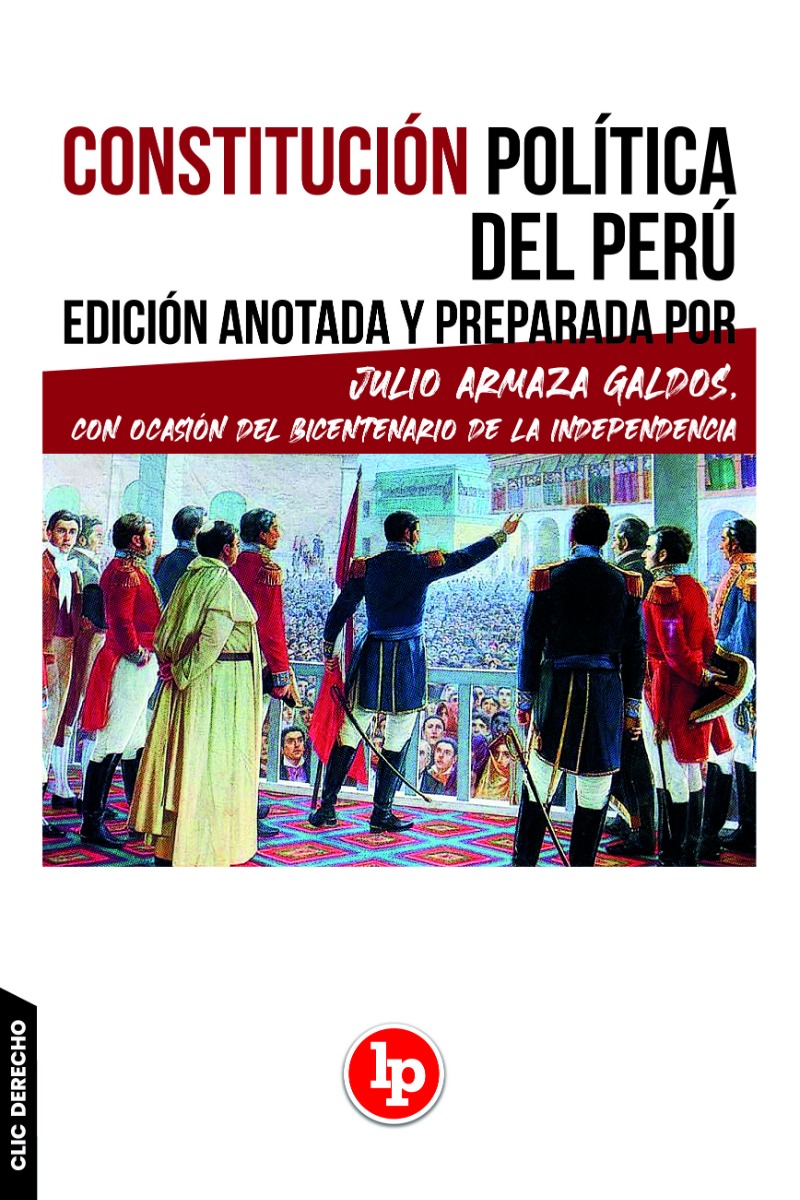
It is obvious, but all lawyers or aspiring lawyers must have a Constitution at hand. On your shelf or in your backpack, it is necessary for the lover of the laws to review them from time to time to explore their legal and historical richness.
We recommend this version of the Political Constitution of Peru as it contains historical and contemporary notes prepared by attorney Julio Armaza Galdos. Generating an interesting complement for the uninitiated in the field.
6. Interpretation of the law. Methodological questions and other essays on the philosophy and sociology of law by Carlos Thorne (2017)
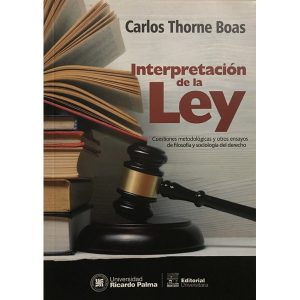
In this book, Carlos Thorne seeks to identify the difficulties that must be overcome in the process of interpreting the legal norm through the theory and philosophy of law.
What’s more. seeks to understand the relationship between positive law and the State, as well as the validity of the law. That is, of the authority of the law so that it operates as a fully valid coercive and axiological order.
7. Manual of legal reasoning. Thinking, writing and convincing: a method for lawyers by Marcial Rubio Correa (2018)

Through this manual, Marcial Rubio defends that the lawyer must convince not only of the justice of the case he is defending but also of the legal validity of his case. For this, a method of argumentation that follows the appropriate steps is essential, both from a legal and logical point of view.
The text relies on years of research, teaching and practice of the author’s legal method, in order to help legal professionals build their cases, from the initial outline to the final presentation. Basic in the Lawyer and Student Library.
8. Law and society in Peru by Luis Pásara (1988)
This book by the famous Luis Pásara focuses on law seen as a social phenomenon. It is the summary of fifteen years of writing and dissemination in specialized magazines.
Among the topics explored here we have the administration of justice, the history of law and the behavior of law professors and lawyers. Necessary to understand current Peruvian law.
9. Legal education as public policy in Latin America by Gorki Gonzáles Mantilla (2018)
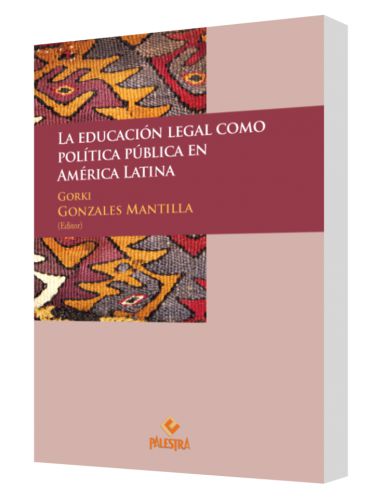
Gonzáles Mantilla seeks to understand the connection between the teaching of law and the demands of the social and political reality of Latin America. Emphasizing Peru as the axis of the debate.
The great position taken by the author in his text is that the teaching of law must be strengthened and the legal culture in Latin America must be changed in order to improve democracy in the region.
10. Trinidad Maria Enriquez. A lawyer in the Andes by Carlos Ramos Nuñez (2006)
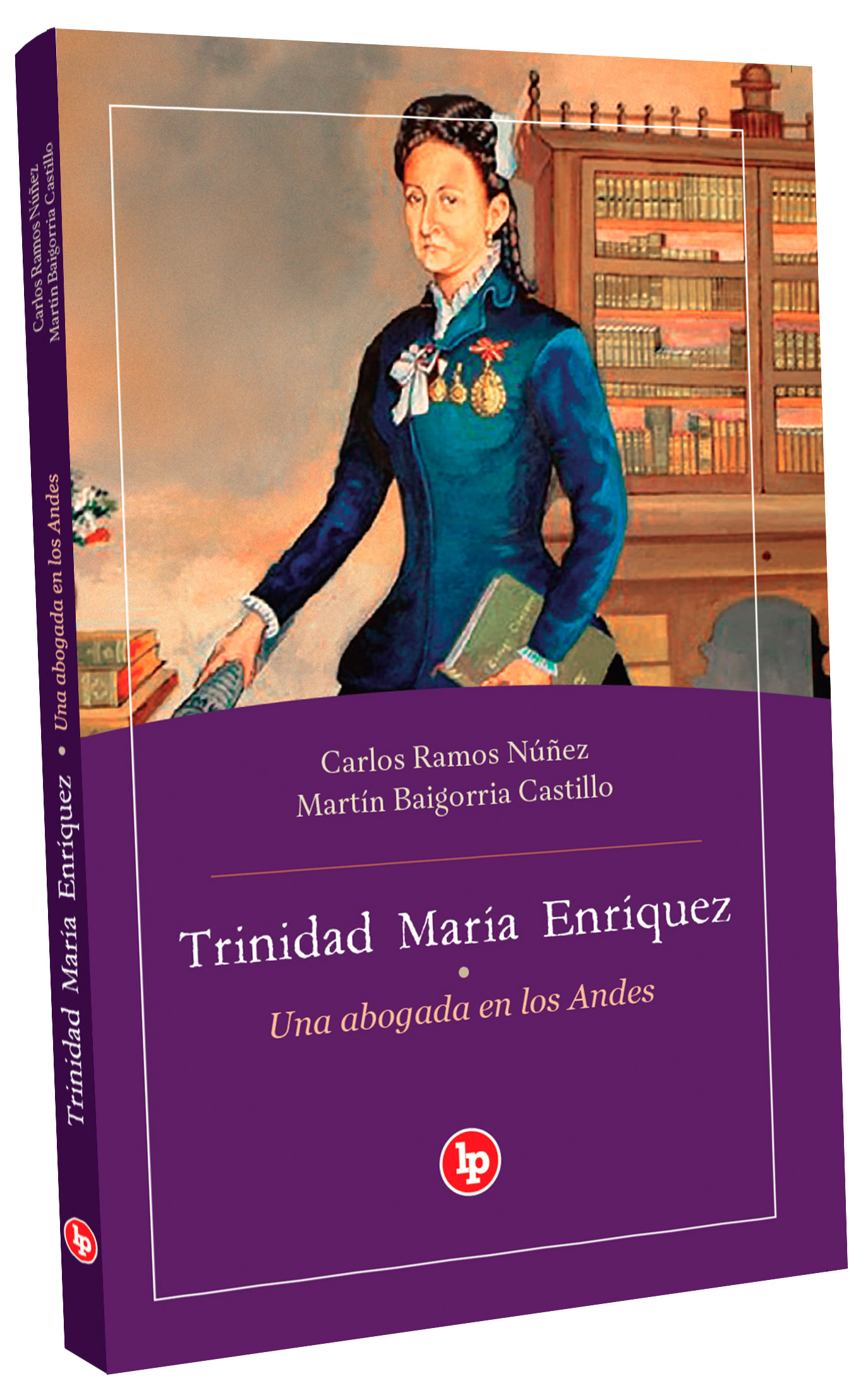
We have talked a lot in LP about this work by Dr. Carlos Ramos Núñez, a passionate historian of Peruvian law. And this work of hers is extremely important in an era where the conversation about feminism should be in all subjects.
Here we are told the real story of Trinidad María Enriquez, a woman who struggled to practice law in the 19th century and faced the prejudices of her time, becoming a hero of feminism.
Bonus track
Nadine Heredia’s defense Jefferson Moreno (2021)
Not all lawyers can say they have defended someone as powerful as a first lady. Except for someone as controversial as Nadine Heredia. In this book, all the legal details of a defense that will be talked about for a long time are told.
–
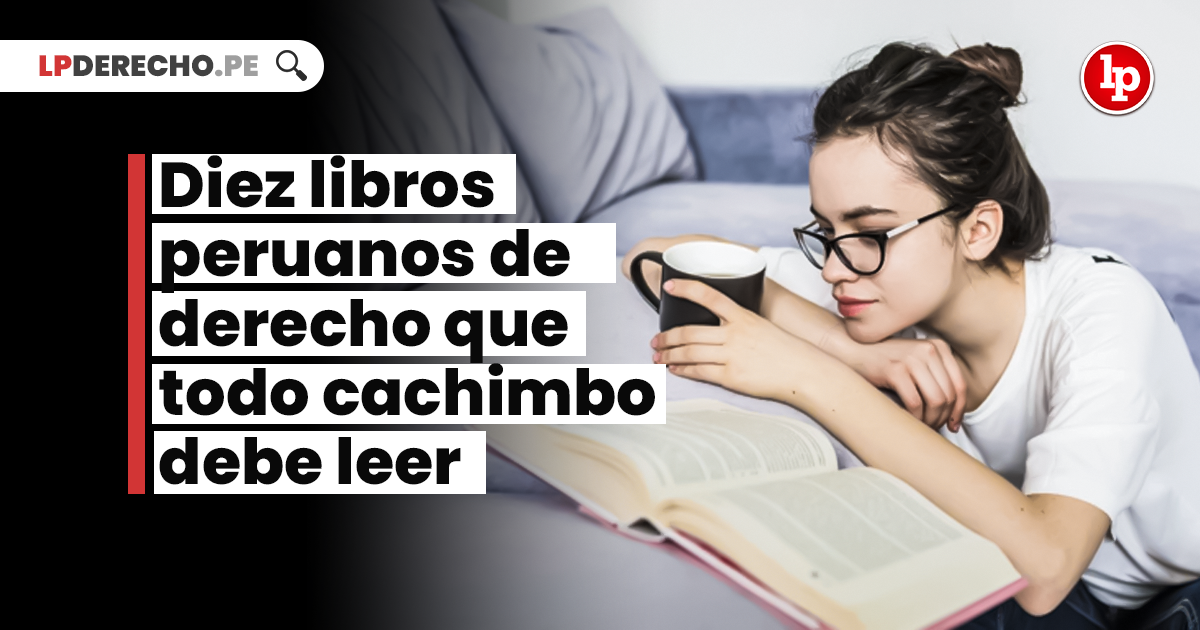
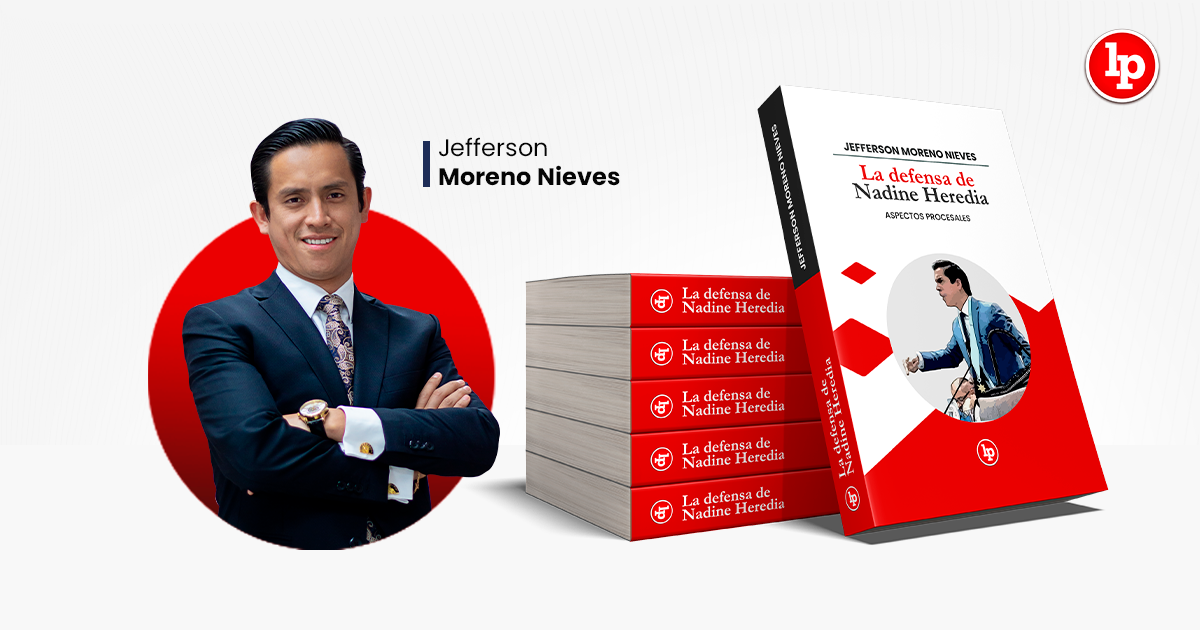
:strip_icc()/s03.video.glbimg.com/x720/9816442.jpg)
